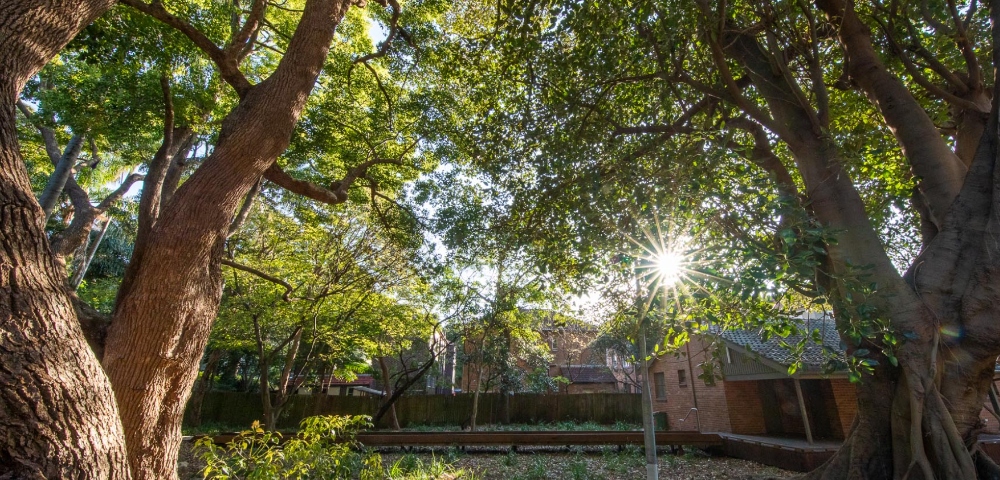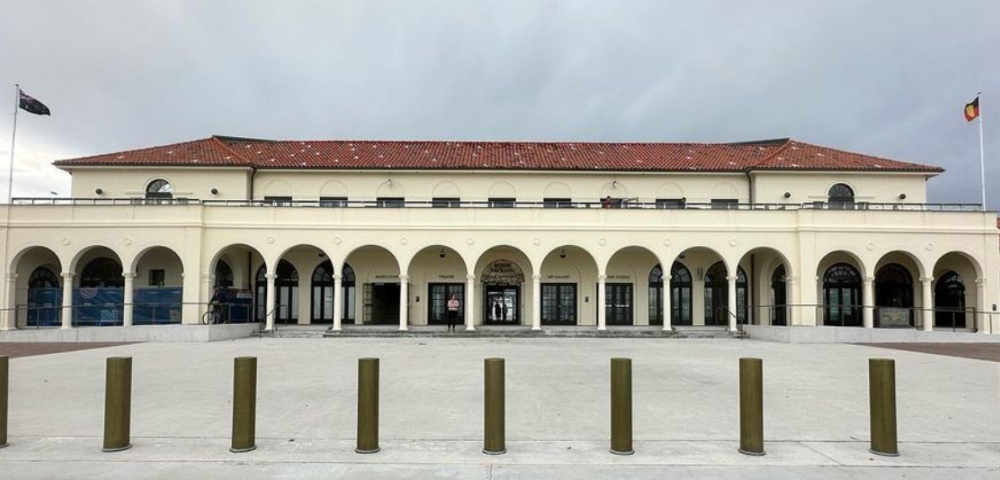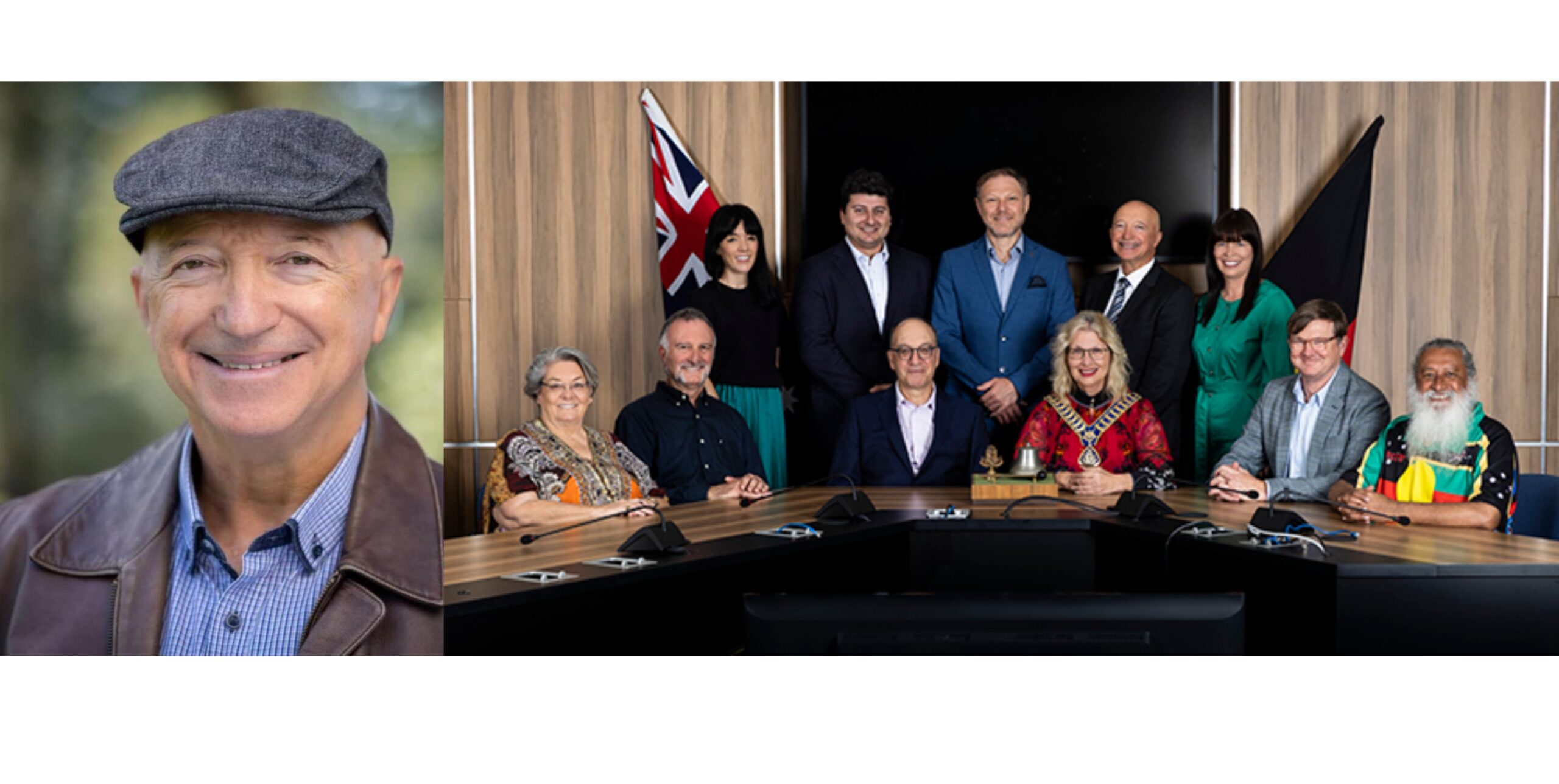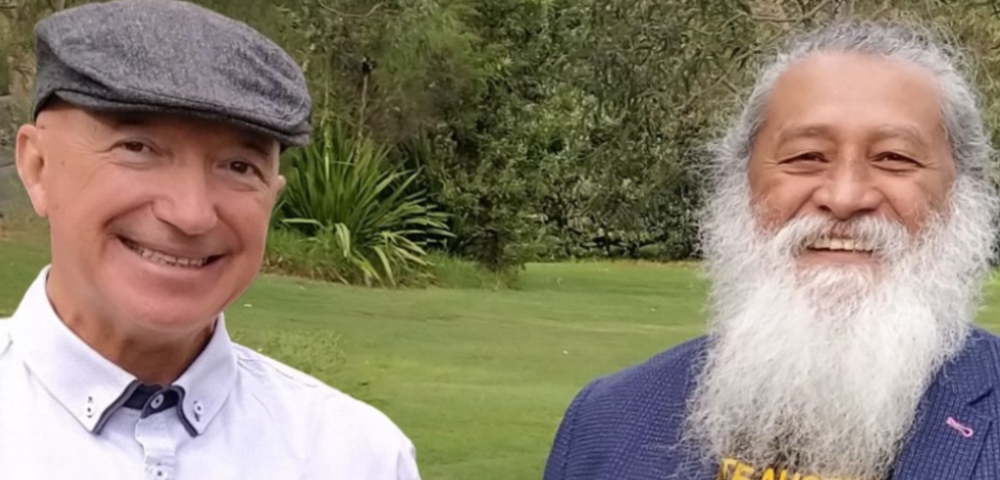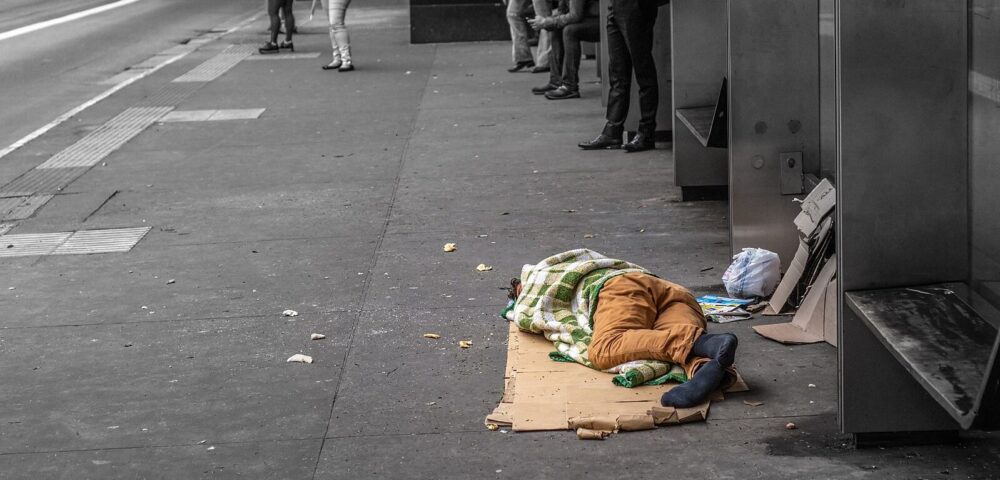
Election battle lines drawn

The National Broadband Network (NBN) is shaping as a crucial election issue in the seat of Wentworth, despite the current rollout plan not affecting any households in the area.
Under a Coalition government, Malcolm Turnbull – the Shadow Minister for Communications and Broadband – would replace the ‘fibre to the premises’ (FTTP) plan with a ‘fibre to the node’ (FTTN) system, which is less costly to deploy but with less speed compared to the FTTP system. Under the Coalition’s plan, Wentworth could expect to save $300 a year on their bills by 2021.
A spokesperson for Mr Turnbull, the Federal Member for Wentworth, said increased internet usage had resulted in the urgent need for upgrading existing services.
“There are currently two million Australian households whose broadband is so poor they can’t even access a YouTube clip,” said the spokesperson. “Our plan will be delivered sooner, cheaper for taxpayers and more affordably for end-users.
“Our rollout, like Labor’s, will be funded by government equity injections. The difference is that ours will cost more than $60 billion less to complete.”
Di Smith, the Federal Labor candidate for Wentworth, described the Liberal Party FTTN system as “half-baked”.
“The LNP’s version of the NBN is far inferior to Labor’s infrastructure already rolling out. I am amazed that Mr Turnbull would support something half-baked,” she said.
“It’s like ‘getting off at Redfern’ – a saying most Sydneysiders will be familiar with – [the plan is] unsatisfying and irresponsible.”
The Federal Government’s plan for the NBN involves a ‘fibre to the premises’ (FTTP) method of delivery at the cost of $37.4 billion over a decade, $30.4 billion which will be provided by government equity injections. The NBN has been plagued by delays, limited take-up, and safety scandals including the recent asbestos contamination.
Greens candidate Matthew Robertson noted that building a national high-speed internet scheme was the modern equivalent of “building the Sydney Harbour Bridge”.
Mr Robertson said investment in the burgeoning broadband technology would allow high-speed broadband connections nationwide without the inegalitarian complications of a “disgraceful” Coalition plan.
Under the Greens’ plan, the sustained economic viability of any infrastructure is proposed to take precedence. Mr Robertson said that the Greens would nurture new technologies rather than rely on outdated methods of service delivery.
The Coalition, widely touted to win this year’s election, have vowed to compile a list of poorest served areas in Australia within 90 days of entering into government.
“Examples of poorest service are those areas which have no broadband at all presently,” said a spokesperson for Mr Turnbull. “Examples of greatest need are schools, hospitals, business centres – anywhere that has the greatest demand for very high speed bandwidth.
“Labor has imposed many legislative barriers to prevent private companies competing against the NBN in fixed line services. We will promote fixed-line competition where it is viable.”
Under the current rollout, Wentworth has no planned upgrades within the next three years with internet connectivity deemed to be comparatively high.
By Joshua Tassell




